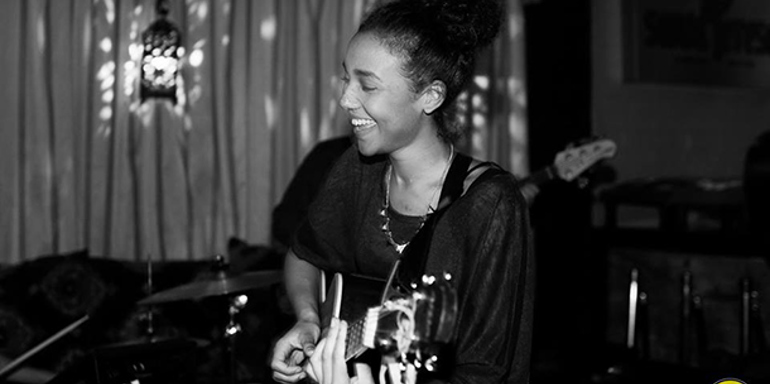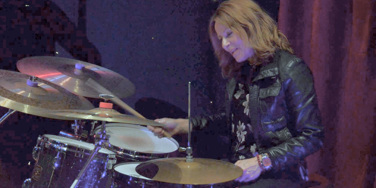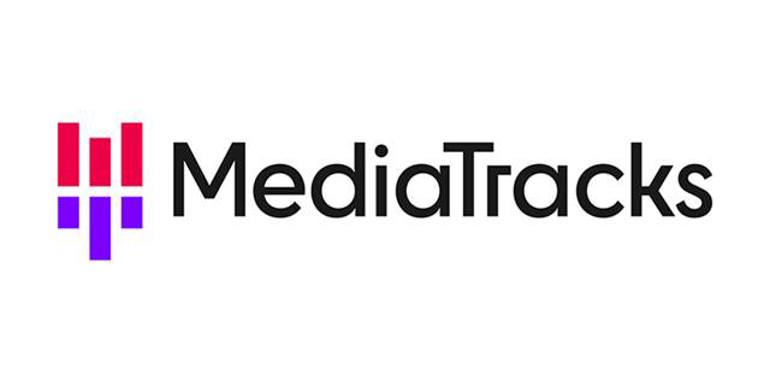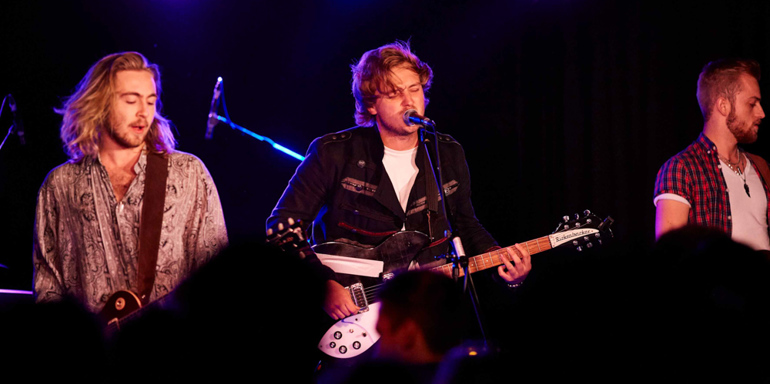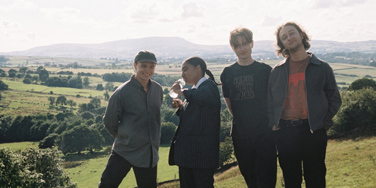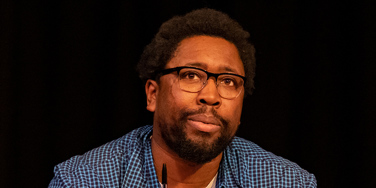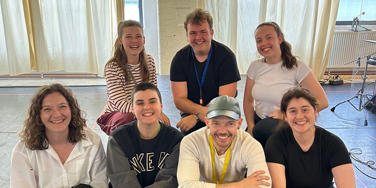Performance 3: Artistry
You’ll take a more focused approach to developing your unique performance identity. Through personalised tuition, workshops, and lectures, you’ll refine your instrumental or vocal skills while exploring artistry in recorded and live performance. This module supports your growth as a creative performer with a distinct musical voice, ready for collaborative professional environments.
Performance 4: Creativity
You’ll continue to develop your expressive range, performance strategies, and artistic direction. Alongside technical and stylistic refinement, you’ll explore the songwriting process and how your influences shape your creative identity. This module supports professional practice and experimentation, helping you evolve as a disciplined, original performer with an understanding of your place in the industry.
Creative Environments 3
You’ll strengthen your band performance and DAW production skills, focusing on rehearsal efficiency, stagecraft, and stylistic interpretation. In parallel, you’ll gain confidence with mixing techniques like track organisation, gain staging, and balancing. Through feedback and workshops, you’ll refine both your musical performance and your technical execution in a studio environment.
Creative Environments 4
You’ll further develop as a versatile performer and producer by engaging with live performance techniques and DAW-based creativity. This module explores advanced stagecraft, sound manipulation, and digital effects, helping you shape your identity as a contemporary artist. You’ll prepare compositions for live delivery while aligning your work with industry standards and expectations.
Industry 1: Infrastructure
You’ll explore the structure and workings of the UK music industry, gaining insights into income streams, management, legal frameworks, and professional bodies. This module provides the essential knowledge to start building a career as a songwriter or performer. You’ll learn to navigate industry mechanics and develop transferable business skills for long-term sustainability.
Industry 2: Portfolio Skills
You’ll explore three complementary disciplines—Journalism, Pedagogy, and Musicology—to broaden your career prospects. This module helps you develop skills that can support or extend your creative practice. Through lectures and practical tasks, you’ll gain the tools to deliver work in one of these areas, strengthening your employability and portfolio as a music professional.

